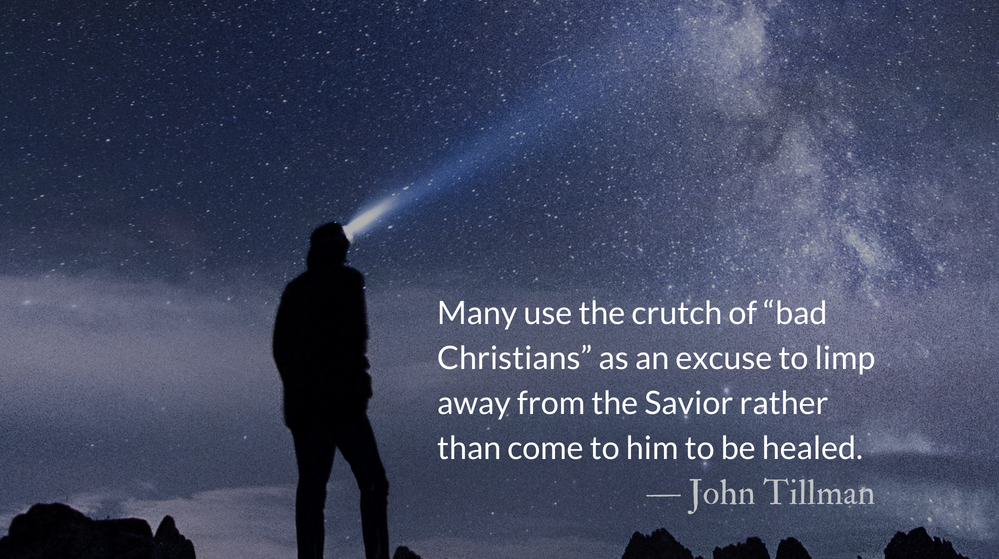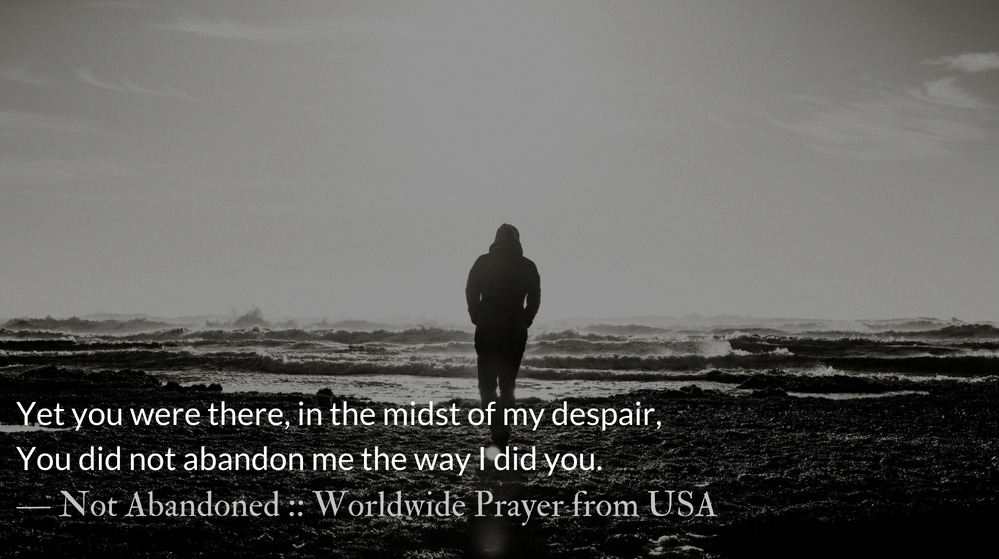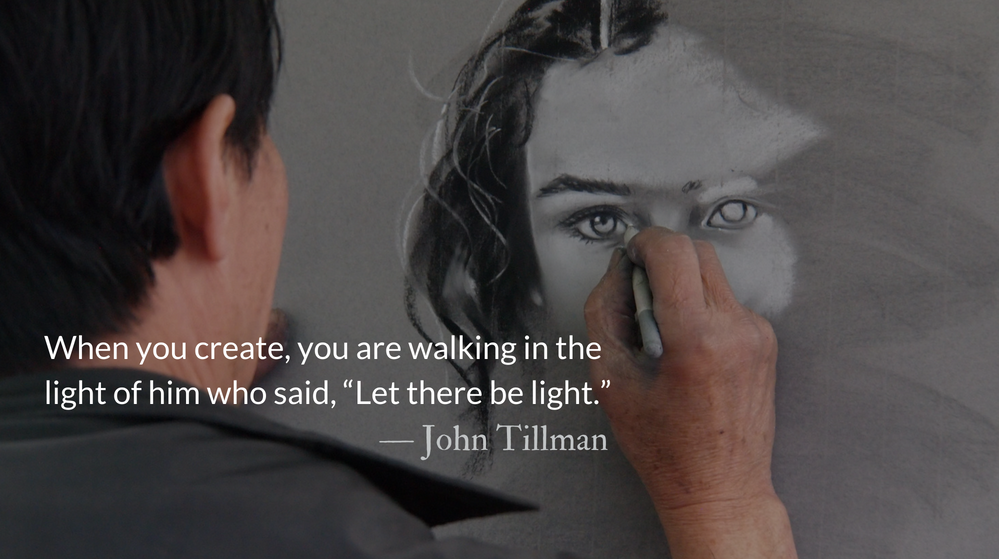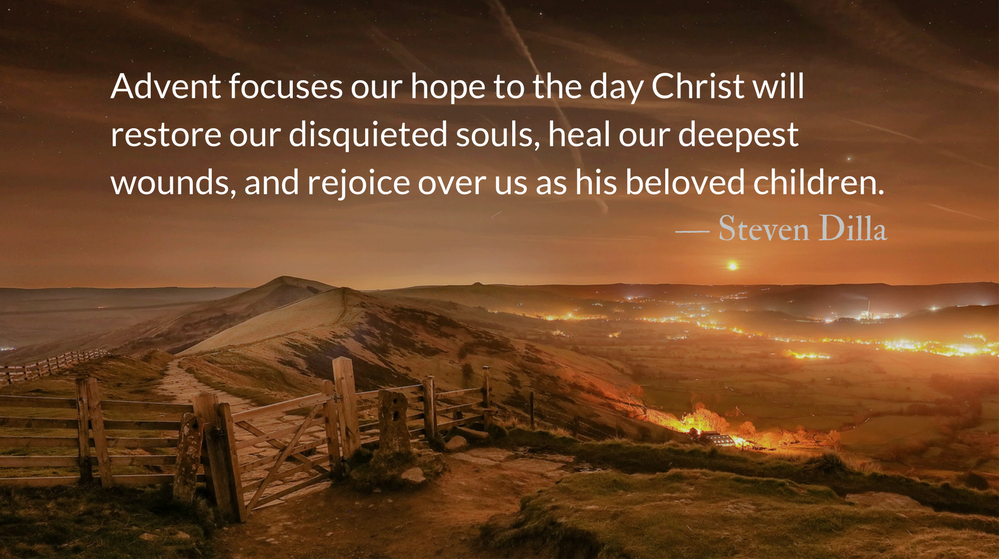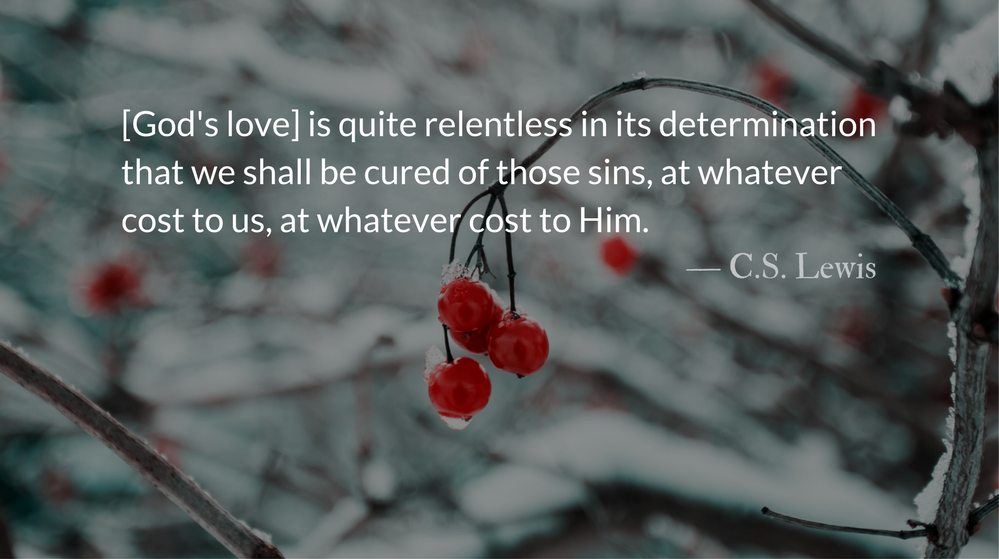Scripture: 1 John 3.13-14
Do not be surprised, my brothers and sisters, if the world hates you. We know that we have passed from death to life, because we love each other. Anyone who does not love remains in death.
Reflection: Suffering for Our True Identity
By John Tillman
John is direct with his readers—it is not our goal to get the world to like us. In fact, we should not be surprised when they hate us.
Though a beloved author now, Madeleine L’Engle experienced what John meant and she might have added that we can’t even guarantee that other Christians will like us.
Her most well known work, A Wrinkle in Time, has been banned both by those who thought of it as Christian proselytizing as well as by those who felt it reflected poorly on Christianity. Double whammy.
As she said 40 years ago, when Walking on Water was published:
When I am referred to in an article or a review as a ‘practising Christian’ it is seldom meant as a compliment.
It is perfectly all right, according to literary critics, to be Jewish, or Buddhist, or Sufi, or a pre-Christian druid.
It is not all right to be a Christian. And if we ask why, the answer is a sad one; Christians have given Christianity a bad name.
They have let their lights flicker and grow dim. They have confused piosity with piety, smugness with joy.
During the difficult period in which I was struggling through my “cloud of unknowing” to return to the Church and the Christ, the largest thing which deterred me was that I saw so little clear light coming from those Christians who sought to bring me back to the fold.
But I’m back and grateful to be back, because through God’s loving grace, I did meet enough people who showed me that light of love which the darkness cannot extinguish.
Many use the crutch of “bad Christians” as an excuse to limp away from the Savior rather than come to him to be healed.
We will never remove the excuse of there being some who live in smugness instead of joy. But L’Engle was led back to faith not by a huge movement of the church, but by individuals.
We need to encourage the church as a whole to shine brighter, however, we can do for one what we would do for all by living out the chief indicator of our identity, love, and the visible evidence of it, righteous actions.
Peter and John agree that doing good is no guarantee that we will not suffer the hatred of the world, but if we suffer for doing good, at least we are showing the world our true identity.
Prayer: The Refrain for the Morning Lessons
Blessed are they who do hunger and thirst after righteousness: for they shall be filled. — Matthew 5.6
– Prayer from The Divine Hours: Prayers for Springtime by Phyllis Tickle.
Full prayer available online and in print.
Today’s Readings
Isaiah 25 (Listen – 1:59)
1 John 3 (Listen – 3:21)


